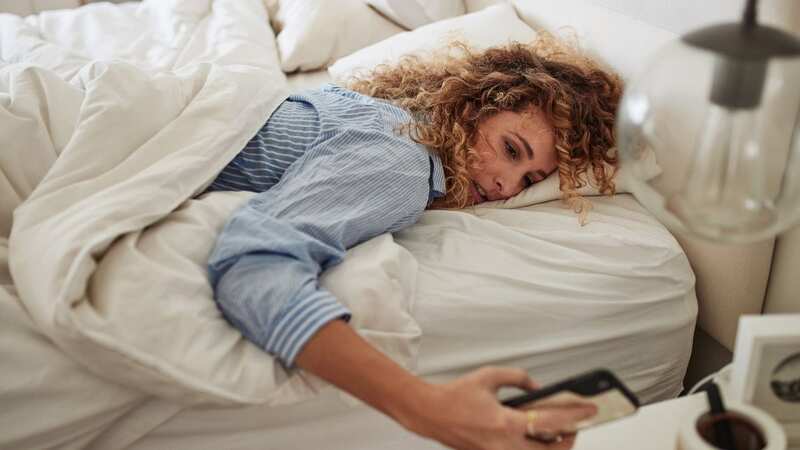Train yourself to wake up on time each day - and stop being a 'morning zombie'

If you're constantly hitting the snooze button in the morning in the vain attempt to 'catch a bit more sleep' then you're not alone.
But you should realise that no matter how tempting that 'just a few more minutes' in the sack may feel, delaying the inevitable only serves to make you feel worse. Falling back to sleep after waking is known as sleep fragmentation - which is very bad for you. According to research it increases daytime sleepiness and grogginess, decreases performance, and makes you feel run-down.
So if your 'morning zombie' routine is starting to get a little old, there's plenty you can do to tweak your lifestyle and get back on track. Healthline has some great tips to train yourself to wake up on time in the morning and really seize the day:
Create a sleep schedule
It's a simple tip, but my goodness is it effective. You just need to go to bed and wake up at the same time every day. This really is a must and perhaps the single most effective change you can make for better sleep.
Firstly, you need to figure out just how much sleep you need — seven to nine hours per night is the norm. Once armed with this fact, you need to hop into bed early enough so you wake up feeling refreshed. Make sure you stick to your sleep schedule every day, including your days off, and you will slowly notice how your body eventually begins to wake up naturally.
 'My neighbour's screaming baby keeps me up all night - I'm sick of it'
'My neighbour's screaming baby keeps me up all night - I'm sick of it'
Get a better bedtime routine
Many of us effectively wreck our chances to wake up early by how we behave during the day. Quaffing down the caffeine late in the afternoon is a particular culprit. As is using devices that emit a blue light before bed.
It's always a good idea to try to do something relaxing before turning in for the night, such as taking a warm bath or reading. There are a number of activities you should avoid, which are shown to interfere with your circadian rhythm and cause sleeplessness, including:
- Drinking caffeine within six hours of hitting the hay
Looking at screens, such as your laptop or phone
- Spending too much time in bed during the day or napping
- Drinking alcohol before bed
If you can't see the poll, click here
Shift your alarm to avoid hitting snooze
If you're always hitting that snooze button, just move it away from your bed so you have to get up to turn it off.
Eat better food
You often sleep better and have more energy if you've been eating better. Conversely, foods that are generally considered unhealthy can make you feel sluggish, zap your energy and make nodding off more difficult. So it stands to reason you should aim for a well-balanced diet packed with foods that increase your energy, such as fruits and vegetables, whole grains, and foods high in omega-3 fatty acids.
Take regular exercise
Anyone who exercises regularly knows that doing so improves sleep and conditions that can cause insomnia and excessive sleepiness, such as depression and anxiety. Research shows that getting out and about also boosts energy levels by reducing tiredness, including in people with conditions associated with chronic fatigue.
Savour the daylight
The simple act of getting enough daylight helps to regulate your circadian rhythms and improve your sleep. Catching some rays first thing in the morning can help elevate your mood and energy levels for the rest of the day. As such, it's well worth trying to open your blinds as soon as you get up. And if the weather is agreeable, have your coffee outside or go for a short stroll.
It's also an idea to try sleeping with your blinds open so you wake up to sunshine — that is, as long as it’s not too bright outside your bedroom window at night! If the weather is gloomy - this is the UK after all - just turn on the lights or use a light-up alarm clock.
*Remember, we should never underestimate the importance of quality sleep - with many of us not getting the recommended seven to nine hours a night. But routinely missing out on enough shut-eye is well known to increase the risk of several health problems, including diabetes, heart disease and dementia.
 Expert shares major tell-tale signs of bed-bugs - including 'rusty smell'
Expert shares major tell-tale signs of bed-bugs - including 'rusty smell'
Read more similar news:
Comments:
comments powered by Disqus

































